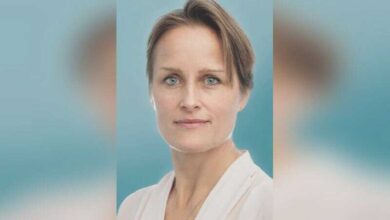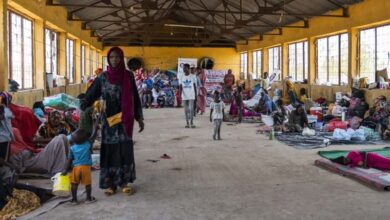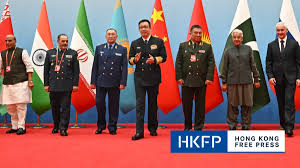One year on from the declaration of the COVID-19 pandemic, the People’s Vaccine Alliance is warning that developing countries are facing critical shortages of oxygen and medical supplies to cope with COVID-19 cases. Yet, the majority have been unable to administer a single dose of a COVID-19 vaccine.
In contrast, rich nations have vaccinated their citizens at a rate of one person per second over the last month, a report released by Oxfam said Thursday.
According to the statement, many of these rich nations, including the US, UK and EU, are blocking a proposal by over 100 developing countries to be discussed at the World Trade Organisation (WTO) today, which would override the monopolies held by pharmaceutical companies and allow an urgently needed scale-up in the production of safe and effective COVID-19 vaccines to ensure poorer countries get access to the doses they desperately need.
While more poor countries will see the arrival of doses in the coming days from the World Health Organisation’s COVAX facility, the amounts available mean only three per cent of people in those countries can hope to be vaccinated by mid-year, and only one fifth at best by the end of 2021.
Almost one million people worldwide have signed a call by the People’s Vaccine Alliance – a group of campaigning organisations including Oxfam, Frontline AIDS, UNAIDS, Global Justice Now and the Yunus Centre – for rich nations to stop protecting big pharma monopolies and profits over people’s lives. On March 11, protests will take place outside pharmaceutical headquarters as part of a global day of action by activists across the world.
Recent public opinion polls carried out by YouGov for the Alliance in the US, France, Germany, and the UK found that on average, across these countries, more than two-thirds (69 per cent) of people thought that governments should ensure vaccine science and know-how is shared with qualified manufacturers around the world rather than remaining the exclusive property of a handful of pharmaceutical giants and that vaccine developers should be adequately compensated for this.
Oxfam International’s Executive Director, Gabriela Bucher, said: “Around the world, two and a half million lives have already been lost due to this brutal disease and many countries are battling without adequate medical care and no vaccines. By allowing a small group of pharmaceutical companies to decide who lives and who dies, rich nations are prolonging this unprecedented global health emergency and putting countless more lives on the line. At this crucial time, developing countries need support – not opposition.”






